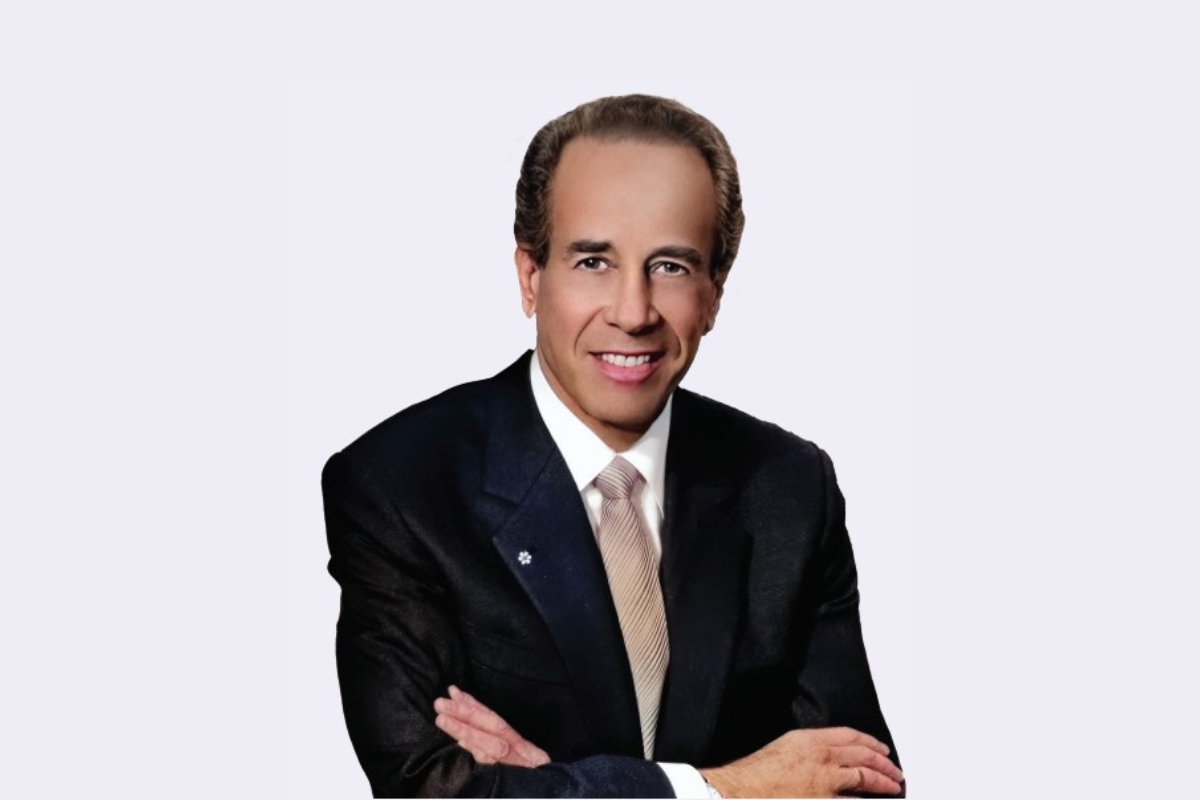Isadore Sharp is founder and chairperson of the Four Seasons Hotels chain, located in 33 countries, with 99 hotels – and another 70 to be built. Condé Nast Traveler ranks 18 Four Seasons hotels in its worldwide “Top 100” list, and Four Seasons has been named one of the “best 100 companies to work for” by Fortune magazine each year since the list began in 1998.
Sharp was born to Polish parents who immigrated to Toronto before his birth in 1931. At age 21, he graduated from Ryerson with a degree in architecture, later working with his father in construction. While building a motel for a client, the light bulb went off to create a hotel himself, one that he would own and operate. He founded the first Four Seasons Hotel in 1960, opening on Jarvis Street in downtown Toronto, a motor hotel with 125 rooms.
What are some crucial business ideas you’ve learned?
We wanted our employees to rise, in order to allow our customers to receive exceptional quality of service. I was quite able to hire people with excellent skillsets and give them the responsibility and room to grow themselves. That helped the company grow. It’s not about what I can do; it’s about what we can do, and ensure job satisfaction. When people talk about my success, I succeed because the employees succeed, and vice versa. Their lives have been impacted, enhanced, and enriched because of the company’s success.
How do you describe your management style?
There are different types of leaders. Some use the carrot and stick. I try to lead by influence, rather than power of position. You have to have their respect and trust, and when you’ve earned that, you can give direction, because you’ve given people a sense of believing in you. When they accept your trust, they will go to great lengths not to let you down, and will do on their own more than what you tell them.
Also, I think you have to be comfortable in how you do something, and not try to copy how others might do it. In crucial times, it has to come from within you, how you feel, and not what so-and-so would do.
What advice do you have for millennials?
Three things: Have a certain degree of comfort with risk. Don’t worry about every “i” dotted, or every thought worked out. Just believe it will work. Entrepreneurs aren’t afraid to step up to the plate and take chances.
Second, you need to have a purpose in what you’re doing, sustainable and meaningful. Not just making a lot of money. Find a purpose.
Finally, technology is advancing at a rapid pace. You just have to know where to follow it. Millennials can become multi-billionaires in a few short years because they find out what technology is going to work for them.
What was a big career surprise?
I wasn’t intending to go into the hotel business; I hired people to run it, and then expected I’d sell it. It paid off; I paid off the people I borrowed from. I decided that this worked so well, I’d build a second. The second was even more successful – the Inn on The Park in Toronto. Ten years later, this hotel experience had secured international renown. In London, England, competing against several known long-standing high-class hotels, the Inn on the Park became known as the best among the best, in 1970. The chain grew an average pace of two hotels per year since.
What did Four Seasons have, that no one else offered?
From day one until today, it was about being innovative. The main thing that separates us is our competitive advantages: consistent quality of service. That is how we set out to be the best. Anyone can build what we build, hire the same architects and designers. But that won’t keep you ahead of the game. It’s what else can you do that gives customers something that others can’t. Four Seasons pioneered the idea of shampoo in the shower, 24-hour room service, bathrobes, same-day cleaning and pressing, and separate shallow and deep-end pools, among other breakthrough services that have since become standards of every hotel chain.
What do you find offensive?
When people take credit where it’s not due, unfairly, or people dealing in a manner which humiliates others.
What highlight do you enjoy looking back on?
I’ve been fortunate to be a reasonable success, working with many people who’ve been part of that success. Everybody in this company has been enriched from it, from a monetary, environment, and philosophical point of view. So, the gift is the many thousands of people who’ve benefited from the success and attitude of the company.
Dave Gordon | Contributing Writer




















